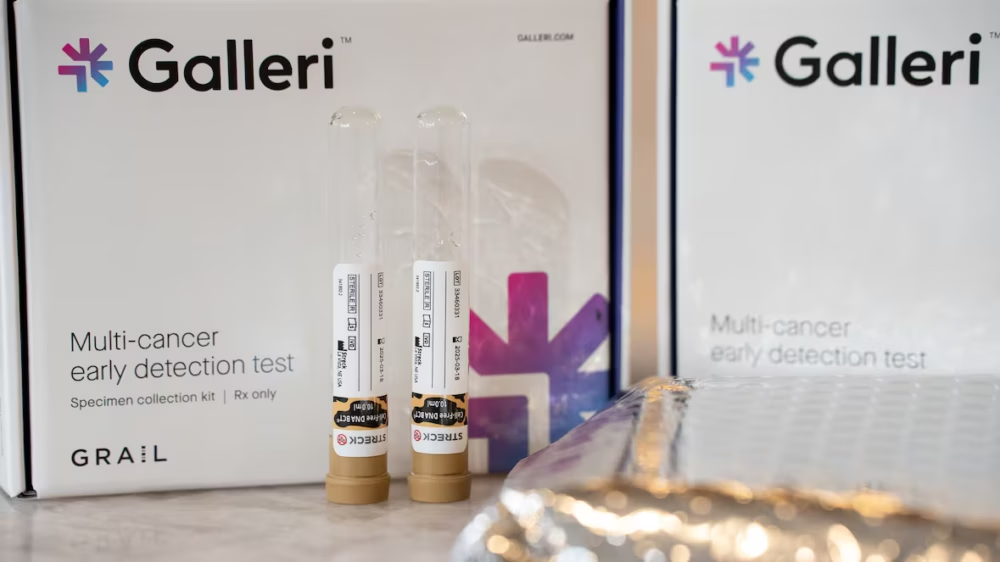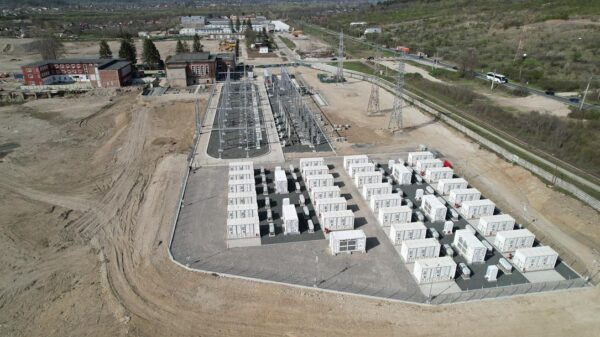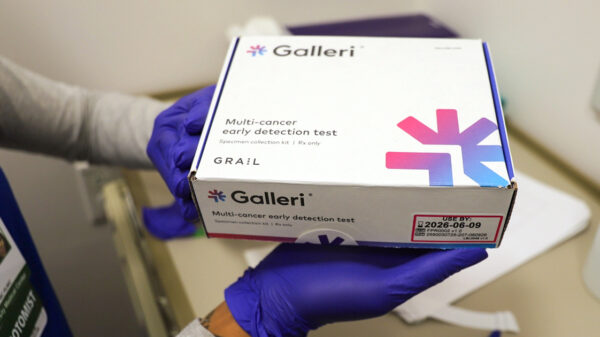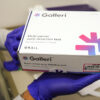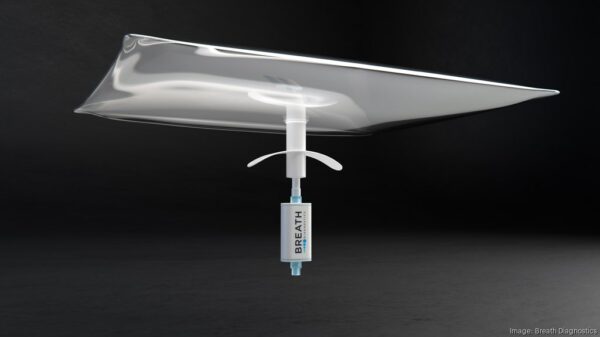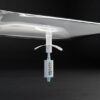A groundbreaking blood test that can screen for more than 50 types of cancer has shown strong early results in a large-scale trial.
Announced on Monday, the Galleri test detected the disease in nearly two-thirds of cases it flagged, raising hopes it could one day transform cancer screening and early diagnosis.
Developed by Grail Inc (NASDAQ: GRAL), a biotechnology company backed by Illumina (NASDAQ: ILMN), the test identifies tiny fragments of DNA shed by cancer cells into the bloodstream. These fragments, called cell-free DNA, often appear before any symptoms develop. Researchers believe this approach could allow doctors to catch cancers much earlier, when they are easier to treat and potentially curable.
Results from the U.S.-based Pathfinder 2 trial showed that the test successfully detected a “cancer signal” in the blood of 216 participants out of more than 23,000 who had no symptoms. Among those with a positive result, 61.6 per cent were later diagnosed with cancer. Impressively, the test pinpointed the organ or tissue of origin in 92 per cent of confirmed cases, helping doctors direct follow-up scans and treatment more efficiently.
The study also found that Galleri correctly ruled out cancer in 99.6 per cent of people who did not have the disease. This extremely low false-positive rate suggests the test could minimize unnecessary anxiety and costly diagnostic procedures.
More than half of the cancers Galleri detected were found at stages I or II, when survival rates are highest. In total, 69.3 per cent were discovered between stages I and III, demonstrating the test’s ability to find cancers before they become advanced.
Read more: Breath Diagnostics pioneers novel lung cancer breath test
Read more: Breath Diagnostics takes aim at lung cancer with One Breath
Pathfinder 2 study determined how Galleri performs
Another advantage of the test is its precision in identifying the likely source of cancer. This allows doctors to move quickly to the right diagnostic tests.
“If someone presents with abdominal pain,” Kumar explained, “we might wonder if it’s ovarian, pancreatic, or colorectal cancer—or not cancer at all. Galleri can help clinicians direct investigations and make much better use of limited diagnostic resources.”
Researchers suggest Galleri could be used as an annual blood test starting at age 50, when cancer risk rises sharply.
Earlier research published in BMJ Open in May indicated that using an annual blood test like Galleri could reduce late-stage cancer diagnoses by 49 per cent and cut deaths by 21 per cent within five years compared with current care.
Cancer experts in the U.K. have reacted positively but urged caution until more data on long-term outcomes becomes available. Professor Clare Turnbull, from the Institute of Cancer Research in London, noted the lack of required to confirm whether tests like Galleri will reduce cancer deaths.
Professor Nitzan Rosenfeld, director of the Barts Cancer Institute, described the results as “impressive.” He said the 62 per cent accuracy rate “provides strong evidence that this test could be safe and informative.” However, he also noted the importance of gathering mortality data to confirm real-world benefits.
Furthermore, experts agree that Galleri marks a major advance in multi-cancer early detection technology. If the NHS trial confirms the test’s promise, Galleri could soon become a standard annual screening tool.
Read more: Breath Diagnostics gives the public the chance to join the fight against cancer
Read more: Breath Diagnostics leader speaks at lung cancer education event in Louisville
Multiple avenues towards the same cancer-free result
Several technologies have emerged over the past few years to improve early cancer detection, developed by startups and established companies. These advancements aim to identify cancers at their earliest and most treatable stages, potentially saving numerous lives.
Breath Diagnostics, a Kentucky-based startup, has developed OneBreath, a non-invasive breath analysis system for early lung cancer detection.
The technology captures volatile organic compounds (VOCs) in exhaled breath using a patented microreactor.
The company then breaks these chemicals down these compounds to improve mass spectrometry sensitivity. Clinical trials involving over 800 patients have demonstrated 94 per cent sensitivity and 85 per cent specificity. Theses numbers represent over performance of traditional CT scans and PET imaging by reducing false positives and enhancing early detection.
Prerna, a biotech company based in Hyderabad, India, has introduced CANTEL, a microRNA-based blood test designed for breast cancer screening. Launched in October 2025, CANTEL offers a simple and highly accurate alternative to traditional breast cancer screening methods. It further addresses the critical screening gap in India where late-stage diagnoses are common due to limited early detection tools. Texas-based biotech firm, Cizzle Bio, has developed DEX-G2, a blood test for the early detection of gastric cancer.
The test identifies cancer at its most treatable stage by analyzing cell-free microRNAs and exosomal markers.
A clinical study published in JAMA Surgery confirmed the test’s clinical accuracy. Furthermore, research conducted at cancer centers in Japan and South Korea involved 809 serum samples from 480 individuals, including gastric cancer patients.
.
joseph@mugglehead.com

